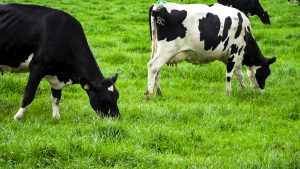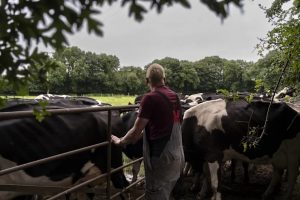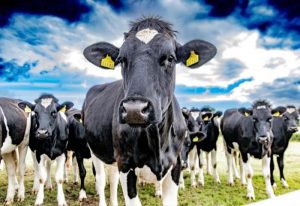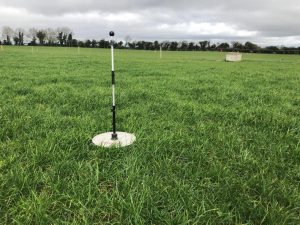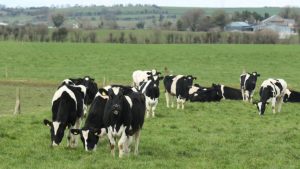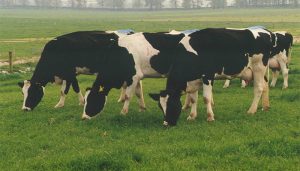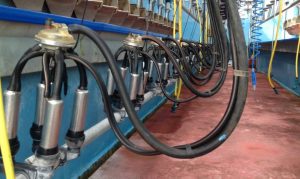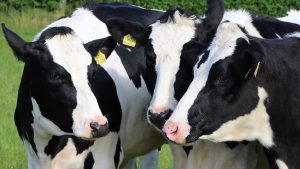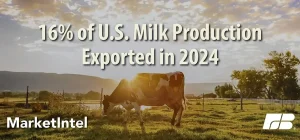
The European Commission has warned that “more ambition” needs to be shown by Ireland on meeting climate, environment and biodiversity targets before it will sign off on its latest Common Agricultural Policy (CAP) strategic plan.
In a letter to the Department of Agriculture, seen by The Irish Times, the commission singled out the rapid growth of the State’s dairy sector since 2015 and the abolition of dairy quotas.
Referring to the need to protect the environment, the commission said “it has doubts about the effective contribution of the CAP strategic plan” to this general objective and that it “considers that further improvements and more ambition are required” for it to approve the plan.
The correspondence explains that this dairy sector growth “has had very substantial implications for agricultural greenhouse gas emissions, for quality of air, water and soil, and for biodiversity”.
It also requests further information on the consistency of the CAP plan in meeting targets under the water framework directives, “including how many of the country’s water bodies Ireland wishes to exempt from the requirement of reaching ‘good status’ under that directive because of agricultural pressures”.
Pesticide and wormers
With just over seven months to go before the next CAP is due to be rolled out, the commission requested that more evidence and detailed analysis be submitted. This includes a requirement for Ireland to set a specific target to reduce use of pesticide and anti-microbial veterinary products, including wormers, in farm animals.
The commission welcomed a target of 7.5 per cent for organic farming but requested that the department consider raising that even higher in light of the environmental benefits it could deliver. It also recommended that measures to ensure greater animal welfare interventions were put in place, including incentives to move away from confined housing for sows, calves and laying hens.
Criticism of Ireland’s plans was not spared, and the commission was blunt in its analysis of Ireland’s suggested new eco-scheme, pointing out that a majority of farmers already automatically qualified for measures under animal stocking rates and fertiliser usage.
It also insisted that plans include more direct actions to protect farmland birds, including ground nesting species and breeding waders, “to ensure that the challenges related to the worsening trend in biodiversity are adequately addressed”.
Ringfenced funding
Some 25 per cent of every farmer’s basic farm payment has been ringfenced under Pillar I funding in CAP, and it will only be returned to them if they participate in the new eco-schemes. These schemes can be selected by farmers from a number of options. The eco-scheme options have already been condemned by some farmers and the commission’s requirement for the eco-scheme to show further ambition is likely to upset some further.
In its letter, the commission said it considered that the Irish strategic CAP plan contributed “effectively to the general objective of fostering of a smart, competitive, resilient and diversified agricultural sector that ensures long-term food security”.
In addition, it said it welcomed the efforts to improve the competitiveness of Irish farms, though it urged the Government to consider “interventions that will help reduce dependence on fossil fuels and other externally sourced inputs to preserve the production capacity and viability of farms and strengthen food security”.
The capping of direct payments is welcomed, though “the level of ambition” to move payments away from bigger to smaller and medium-sized farms “should be further clarified”, the letter read, adding that more detail was required.
“This will allow the commission to fully assess whether the aim of fairer distribution and better targeting of direct payments is addressed in a sufficient manner within the CAP strategic plan,” the letter stated.




